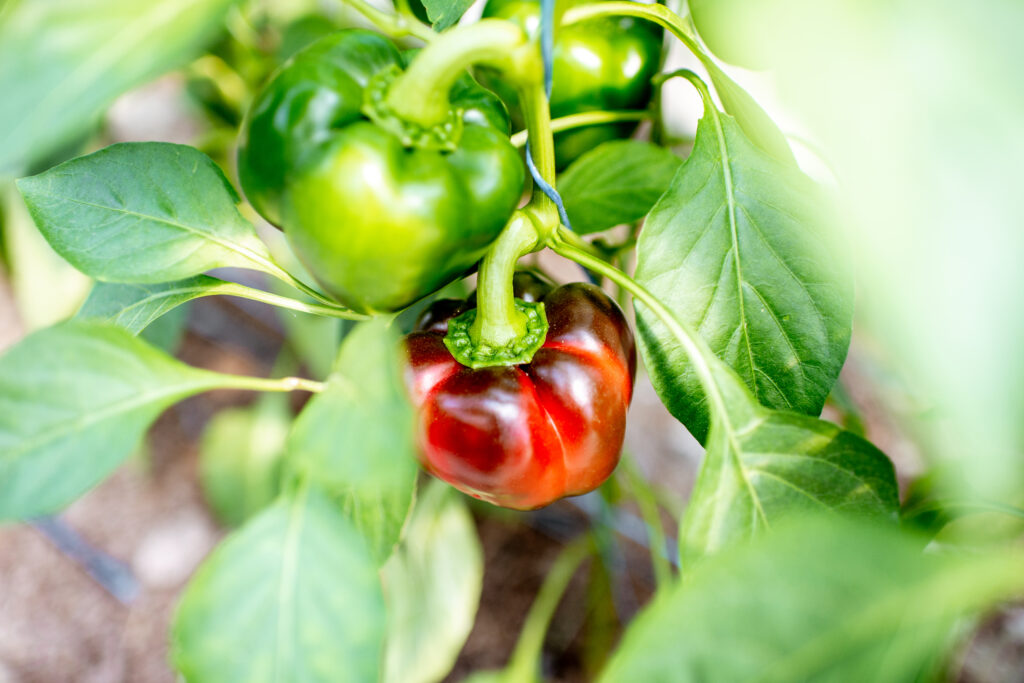Summary of A Microbial-Based Biostimulant Enhances Sweet Pepper Performance by Metabolic Reprogramming of Phytohormone Profile and Secondary Metabolism
Biostimulant on Sweet Pepper Growth: Boost Yield and Metabolism
Microbial-based biostimulants are powerful tools to increase crop productivity. Specifically, biostimulant on sweet pepper growth enhances fruit yield and plant health by actively modulating metabolic and hormonal pathways. Although widely applied, the molecular mechanisms behind these growth improvements remain not fully understood.
Metabolomic Changes Triggered by Microbial Biostimulants
This study examined how endophytic fungi, including Rhizoglomus irregularis, Funneliformis mosseae, and Trichoderma koningii, influenced sweet pepper (Capsicum annuum L.) during vegetative and reproductive stages. The application of these microbial biostimulants increased total fruit yield by 23.7% compared to untreated plants.
Multivariate analysis revealed that biostimulants actively reshaped the metabolic profile of the plants. Treated peppers showed modified patterns of gibberellins, auxins, and cytokinins. Additionally, the treatment stimulated secondary metabolism, causing carotenoids, saponins, and phenolic compounds to accumulate.
Boosted Growth and Defense Mechanisms in Sweet Pepper
Metabolomic signatures highlighted coordinated biochemical responses triggered by root colonization with beneficial fungi. These responses not only promoted robust growth but also strengthened defense mechanisms against environmental stresses.
Overall, these findings demonstrate that microbial applications directly enhance plant metabolic and hormonal pathways, supporting improved yield and resilience. Farmers who integrate microbial-based biostimulants can achieve healthier plants and more productive harvests.
Publication: Frontiers in Plant Science









